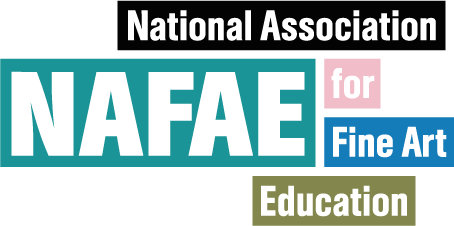Abstract
This paper disseminates the results of the author’s recent research into UK alternative art schools, pending publication in a special edition of the international journal Educação & Realidade: Within or Beyond the University? Experiences in Alternative Higher Education. Entitled ‘Experiments in Autonomous Art Education in the UK, 2010-Present’ (Hudson-Miles 2022), this paper critically surveys the recent wave of autonomous art schools established in the UK since the Browne Review of Higher Education Financing (2010). These experimental institutions are often deliberately transient or ephemeral. Consequently, they are often only documented on social media or other impermanent web sources. Previously, only the website of artist-researcher Sophia Kosmauoglou (2021) documented this alternative provision. Therefore, this paper represents the first attempt to document these experiments in UK Arts Higher Education for the historical record. Written for an international audience, the paper focuses on contextualising these institutions within the post-Browne economisation of UK HE (Brown 2015; McGettigan 2013). It argues that these alternative art schools not only supplement, but critique mainstream HE provision. The specificity of this critique is interpreted through the lens of global theories of critical pedagogy. In particular, it draws upon the recent work of the Edu-Factory Collective (2009), especially their proposals for a ‘global autonomous university’. Following the Autonomist Marxist theory (Tronti 2013 [1962]; Hardt and Negri 2006) that inspired their project, this paper argues that these new alternative art schools can be understood as ‘common autonomous institutions’. It also maps these experimental art schools onto De Sousa Santos’ (2018) categories of the polyphonic university, the subversity, and the pluriversity. For the NAFAE conference, I wish to demonstrate how these institutions are underpinned by principles of mutual aid, cooperation, community, solidarity, respect, inclusivity, and grassroots activism. As such, I argue that these institutions radicalise mainstream university notions of widening participation and community engagement. Furthermore, these institutions are constituting a new commons of art education. A Festival of Alternative Arts Education was intended for 2020 but cancelled due to the COVID pandemic. One of the aims of this paper is to explore new ways of facilitating dialogue between art educators inside and outside the academy.
Bio
Dr. Richard Hudson-Miles is an interdisciplinary researcher and educator. He is currently Lecturer in Design Cultures at De Montfort University, Leicester, and Postdoctoral Research Fellow at Yale's Paul Mellon Centre for British Art. His research operates at the intersections of the history of design, continental aesthetics, radical social theory, and the sociology of art and design education. He will shortly be publishing an introduction to the thought of Jacques Rancière for Routledge.

